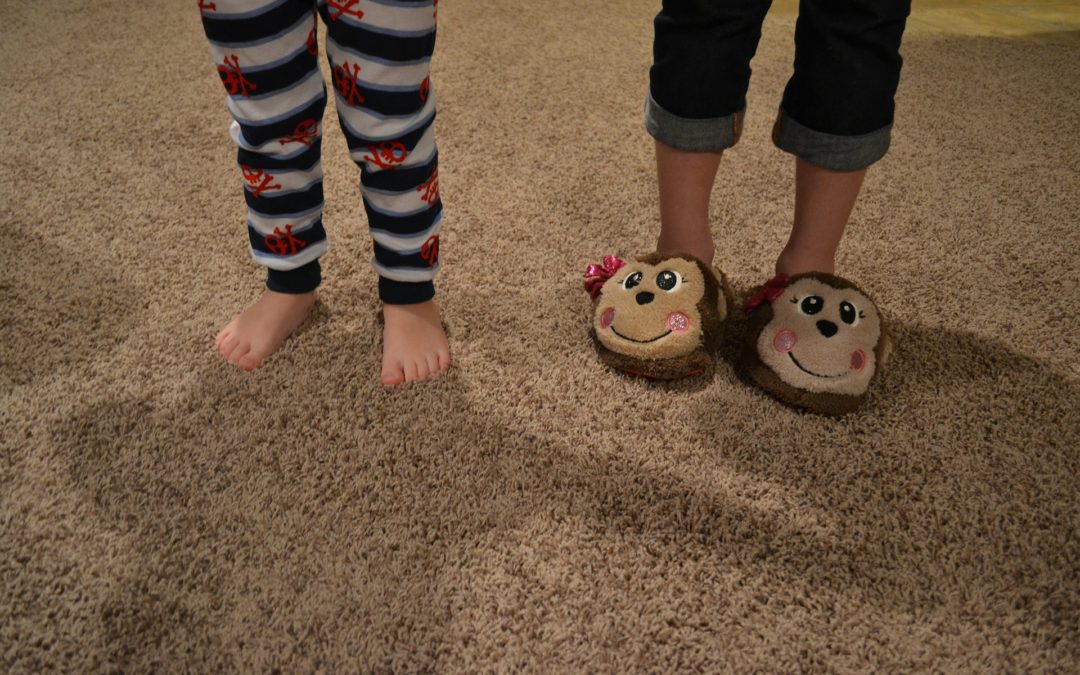
Children need sleep. And parents need their children to sleep.
Without sleep, children do not function or develop as well as they could. Generally, children who do not get enough sleep tend to be more defiant, irritable and hyperactive. They can’t concentrate or focus as well, which can impact their learning. It can also affect their immune system resulting in them getting sick more often.
Your child may experience difficulty falling asleep because they are …
* Scared or anxious
* Hungry or thirsty
* Too excited or stimulated
* Too hot or too cold
* Can’t switch off their thoughts / worries
* Don’t want to sleep alone
* Simply not tired
* Need to go to the toilet
* Don’t know how to or they don’t want to sleep
* …and so on.
There are many things you can do to help…
* Routine! A regular routine is essential for bedtime. Dinner, bath/shower, and calm quiet play time (eg. drawing), family time or reading before bed. Ensure your child’s bed time is the same each night and wake them the same time each morning.
* Check the temperature of your child’s room and ask them if they are comfortable.
* Offer your child a small snack (no/minimal sugar) or a warm cup of milk during quiet time before bed. Children sometimes find it difficult to sleep with an empty tummy.
* Use a reward system to help motivate your child. A star/sticker chart leading to a lucky dip, treat or special outing.
* No TV, computer or electronic devices in the bedroom or during quiet time before bed.
* Ensure your child is spending some daytime in natural sunlight outdoors. Sunlight is important for your body to produce melatonin and to help regulate your body clock.
* Teach your child how to relax using breathing techniques or visualisations.
* Make bedtime a little later. As your child gets older, he may need less sleep. Putting your child to bed too early can be frustrating for him and you, as he will not be able to fall asleep.
* Talk to your child… find out if he scared or anxious about something that might be keeping him awake. Acknowledge his feelings and try to ease his fears. Using a night light or magic/monster spray might help.
What about nightmares?
Children begin to dream from a very young age. Often they will not recount or recall their dreams. Sometimes young children have nightmares. Children aged 4-8 years old seem to be more affected by nightmares and will often call out for a parent for comfort. At this age, their rapidly developing brains are beginning to understand about real life dangers, threats and harmful things in our world, such as violence, death, car accidents, and other scary things they may be exposed to through the media, peers or from overhearing adult conversation. Dreams usually occur during the second half of the night when rapid eye movement (REM) or ‘dream’ stages of sleep are longer. During REM the brain is very active and sorting through events and new information for memory and development. Children may wake frightened.
Things you can do to comfort your child after a nightmare:
* Go to your child. If they call out for you, go to them and comfort with cuddles and reassure them that they are safe and protected in their room.
* Listen and acknowledge feelings and fears. Do not dismiss fears or make fun of your child.
* They may not want to talk about the nightmare, and that is ok. If your child does not want to talk about it, listen to them and help them think of an alternative (perhaps even funny) ending.
* You may need to stay with your child until they calm down. Help them to relax. You may find it is beneficial to read a favourite book to them.
* Allow your child to have a nightlight in their room at night.
* Use a “magic spray” to keep out any scary dreams, monsters etc. (eg a spray bottle with fairy/monster/star stickers on it filled with water and a few drops of lavender).
Typically, nightmares and other sleep problems are just part of being a kid and child development, but there may be other reasons your child is having difficulty going to sleep at night. You may wish to contact your doctor to rule out any medical conditions associated with sleep difficulties.
Changes can also interfere with sleep, such as changing beds, bedrooms, starting school, moving house, holidays, and so on. And sometimes there is no reason… We all have some challenging nights with our kids at bedtime! And we all have restless nights ourselves.
If your child has behavioural problems, sleeping well is extremely important to assist with management of the behaviour. If you practice these tips and still have no success, you may wish to contact us for an appointment for tailored support to see one of our experienced child psychologists.
Rachel Ielasi
Psychologist
Subscribe to our newsletter Attuned Life
Would you be interested in receiving our occasional newsletter, event information and other useful tips via e-mail?

